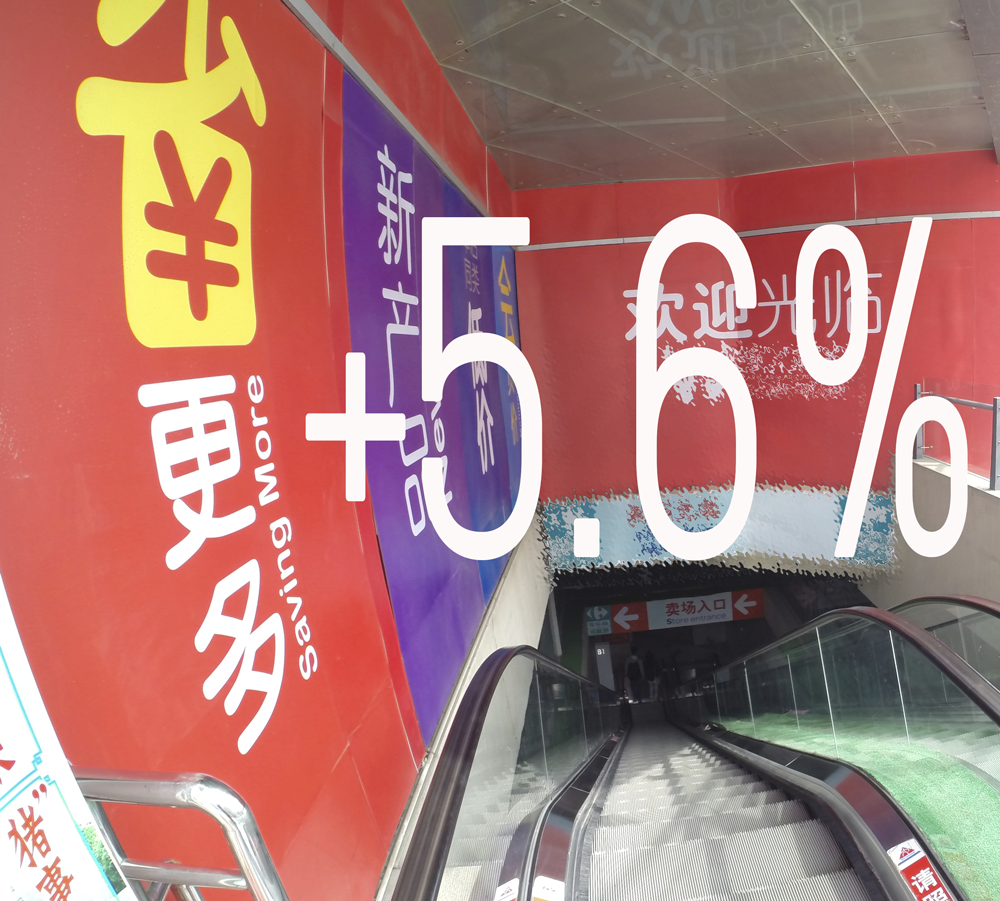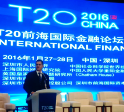China is probably one of the best-known examples of the use of spatially-targeted programs. The country is a major player in the worldwide proliferation of EPZs. A recent study shows positive export repercussions from the EPZ policy which are greater for sectors with denser the links with the local productive structure. Zhao Chen, Sandra Poncet, Ruixiang Xiong >>> |
- Towards an international financial public order
Christophe Destais - Enforcement of FTAs: lessons for TPP and new trade agreements
Sébastien Jean, Kevin Lefebvre - Falling oil price and appreciating dollar: is it normal?
Virginie Coudert, Valérie Mignon
- Inter-industry relatedness and industrial-policy efficiency: Evidence from China's Export Processing Zones
Zhao Chen, Sandra Poncet, Ruixiang Xiong - With a Little Help from My Friends: Multinational Retailers and China's consumer Market Penetration
Charlotte Emlinger, Sandra Poncet - From the Investment Plan to the Capital Markets Union: European Financial Structure and Cross Border Risk-sharing
Jesper Berg, Laurent Clerc, Olivier Garnier, Erik Nielsen & Natacha Valla - Which import restrictions matter for trade in services ?
Julien Gooris, Cristina Mitaritonna - Liquidity, Government Bonds and Sovereign Debt Crises
Francesco Molteni
- Long term socio-economic scenarios for Representative Concentration Pathways defining alternative CO2 emission trajectories
Jean Fouré, Lionel Fontagné
- Review of International Economics
Migration and Regional Trade Agreements: a (new) Gravity Estimation
Gianluca Orefice, Erik Figueiredo, Luiz Renato Lima - Review of World Economics
Non-tariff measures, preferential trade agreements, and prices: new evidence
Olivier Cadot, Julien Gourdon - World Economy
Variable Trade Costs, Composition Effects, and the Intensive Margin of Trade
Lionel Fontagné, Antoine Berthou - International Journal of Economic Theory
Pollution effects on labor supply and growth
Lionel Ragot, Stefano Bosi, David Desmarchelier - International Journal of Central Banking
The ECB Unconventional Monetary Policies: Have They Lowered Market Borrowing Costs for Banks and Governments?
Urszula Szczerbowicz
This is the relative gains for the multinational retailers' headquarters countries of a 20% higher multinational retailer presence in China. This is what a recent study by Charlotte Emlinger and Sandra Poncet shows, using sector-country level import data for 287 cities over the 1997- 2012 period. Multinational hypermarkets established only recently in China but developed very quickly. Penetrating the highly profitable and rapidly growing Chinese retail market is even more now the key objective for most western producers and retailers. >>> |
Towards an international financial public order The shift from the concept of an “international monetary system” to that of “global financial safety nets” is positive but, still, limited mostly to emergency liquidity assistance. The broader notion of an “international financial public order” including crisis prevention would be more suitable. Christophe Destais >>> |
- Contact us
- Our other sites
 |
ISSN: 1255-7072
Editorial Director : Antoine BouëtManaging Editor : Dominique Pianelli








.png)





